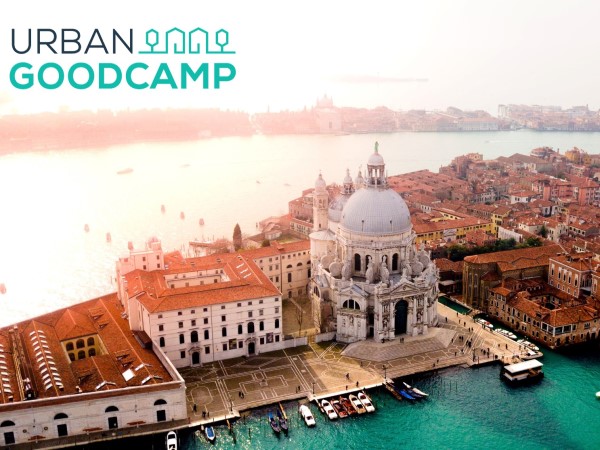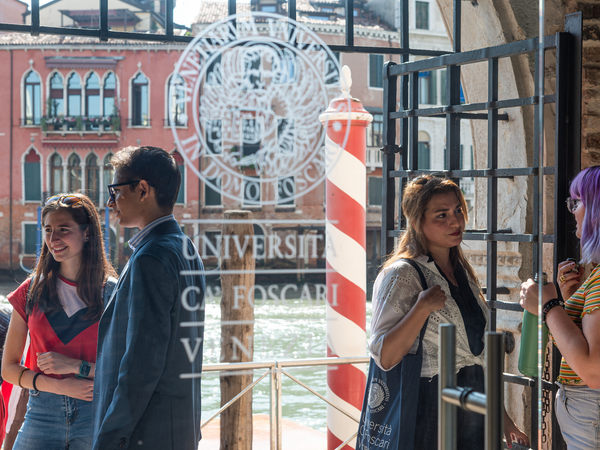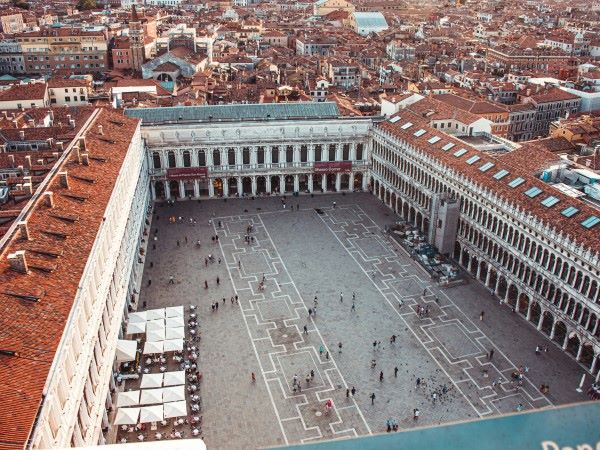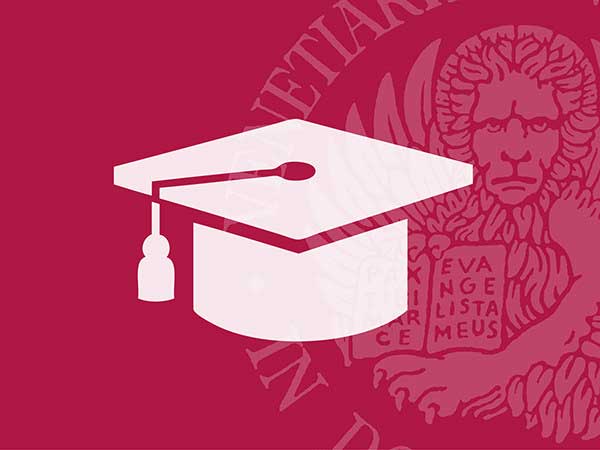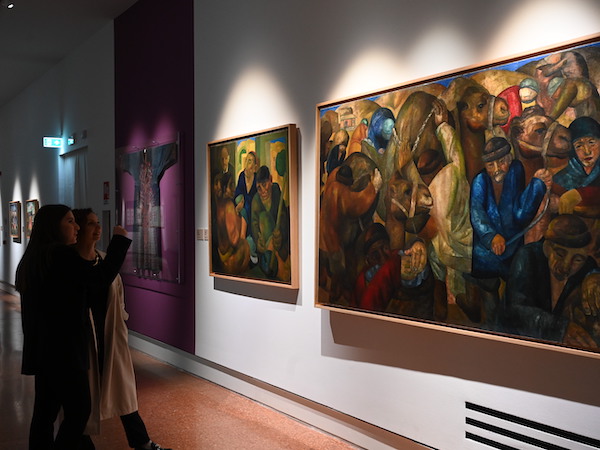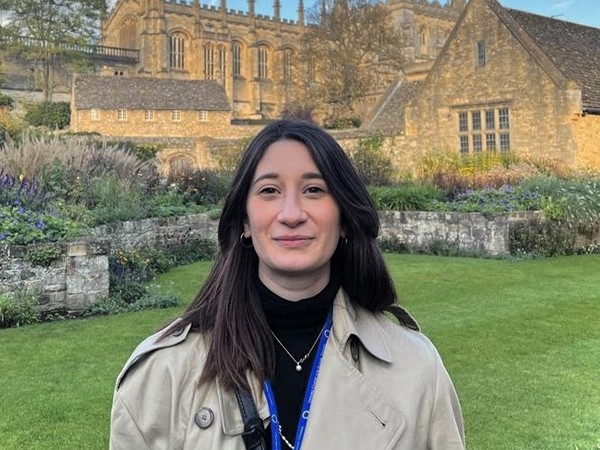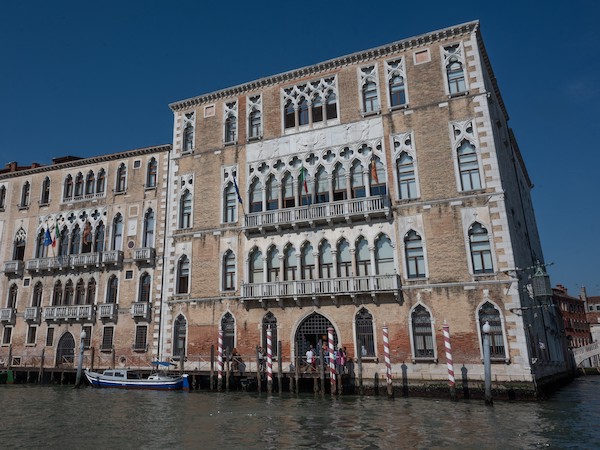Pollution, waste disposal,overtourism, the failure to protect the natural environment that surrounds us — these are some of the urban challenges that have prompted seven European cities to rethink “citizen-friendly” urban centres with the Urban Good Camp - UCAMP project.
UCAMP is a three-year Erasmus+ KA2 project that brings together universities and citizens to co-design cities centered on their residents, students and workers. Ca’ Foscari University of Venice is part of a European partnership with four other universities, three companies and a foundation.
The cities of Paris, Madrid, Helsinki, Copenhagen, Ljubljana, Amsterdam and Venice will analyse the most critical urban challenges they are facing, and they will share their perspectives and collaborate in co-design initiatives with local stakeholders, in order to develop solutions and suggest best practices that will ensure that the cities of the future are sustainable.
"The UN estimates that 55% of the world population currently lives in urban centers. This percentage is expeected to rise to 68% by 2050," says Vladi Finotto, UCAMP coordinator for Italy. "With few exceptions, cities are expected to become larger and more crowded, despite the changes that the current pandemic has generated and the issues it has exacerbated. Transforming these clusters of buildings and people is now a necessity that concerns the economic, social and environmental spheres of urban life. The main challenges that Venice faces with a view to builgins a more sustainable community are overtourism, depopulation, and environmental and lagoon protection.”
UCAMP will enable universities to explore urban challenges firsthand, creating co-design and partnership models that will involve students, citizens, workers, tourists, entrepreneurs, teachers, the public administration and cultural institutions. In this scenario, universities could act as facilitators for urban cooperation and the co-creation of a sustainable urban ecosystem, while generating innovative learning environments for civil society, industries and local governments.
Ca' Foscari participates in the project with a team that includes Vladi Finotto, Cinzia Colapinto and Daniela Pavan (Department of Management), as well as Fabio Pranovi (Department of Environmental Sciences, Informatics and Statistics). The project is developed in collaboration PInK, Ca’ Foscari’s portal for technology and knowledge transfer. Ca' Foscari is working with the Knowledge Foundation Madri+d (Spain), Bespoke (Denmark), Institut Mines Telecom Business School - IMTB (France), University Industry Innovation Network - UIIN (Netherlands), Aalto University ( Finland), Institute for Innovation and Development of University of Ljubljana - IRI UL (Slovenia), Advancis (Portugal), Amsterdam University of Applied Sciences - AUAS (Netherlands).
The project is funded by the Erasmus + KA2 programme "Cooperation for innovation and the exchange of good practices - Knowledge Alliances" - Grant Agreement number - 621686-EPP-1-2020-1-ES-EPPKA2. The first months of the project will be devoted to analyses, interviews, questionnaires and workshops with students and professionals. Then, between the end of 2021 and the start of 2022, Ca’ Foscari’s team will organise events and opportunities that will be open to the community. They will also create local working groups to collaborate on the design of a more sustainable Venice.
Venice and its urban challenges
There is no other place like Venice. Declared a World Heritage Site by UNESCO in 1987, the city was a great maritime power in the 10th century. Spread over 118 islands, Venice and its lagoon form an inseparable ecosystem: 70,176 hectares of land where nature, history, art and commerce have been closely linked since its foundation. Together with its lagoon landscape, they are the result of a powerful and dynamic process of interaction between people and the natural environment over the centuries.
During the three years of the project, the team of Ca’ Foscari researchers will carry out an analysis of the city and of the main urban challenges that have been identified — overtourism, depopulation, and environmental and lagoon protection. The team will also consider which co-design approaches can be implemented with local stakeholders. The goal is to find solutions that will allow the city to evolve beyond its current status of "company town" — a place whose economy revolves almost exclusively around tourism — in order to become a "hub" for a community of new residents, in ways that are respectful of the city’s urban and natural environment.
As the New York Times reported in 2020, after the Covid-19 pandemic, residents and local leaders hope that Venice can develop an economy that will not revolve solely around tourism, but that will also attract international investors, promote its universities, and transform its empty buildings into research centres for the lagoon and the local ecosystem.





